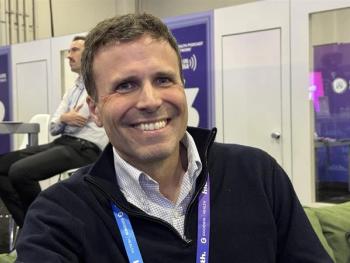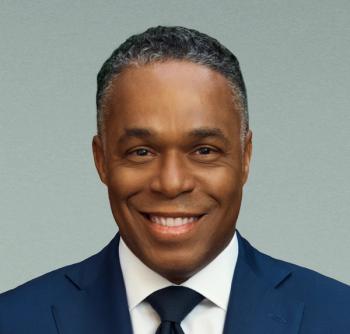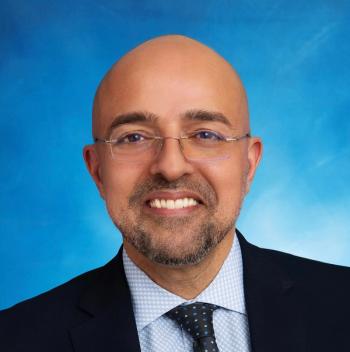
As Wisconsin hospitals systems near merger, they say health equity is a top priority
Froedtert Health and ThedaCare say they are looking to expand healthcare options in rural communities.
When the leaders of Froedtert Health and ThedaCare talk about their planned merger, they list a number of goals and opportunities.
In an interview with Chief Healthcare Executive®, they placed improving health equity among the top priorities.
Cathy Jacobson, CEO of Froedtert, and Imran A. Andrabi, president and CEO of ThedaCare, both say the merger of the two systems offers the chance to expand healthcare options in Wisconsin’s underserved communities. They both stress that the two systems have long focused on closing disparities in outcomes among disadvantaged groups.
“This is not something that we are going to do for the first time now, because we are coming together,” Andrabi says. “This is just who we are, and what we've been doing.” (See part of our conversation with Cathy Jacobson and Imran Andrabi in this video. The story continues below.)
The two systems serve different parts of Wisconsin. Froedtert is based in Milwaukee, while ThedaCare, based in Appleton, serves northeast and central Wisconsin. Both systems’ leaders say they are looking forward to pooling their tools and talent together.
Jacobson says they recognize that Wisconsin’s communities have unique needs.
“You have to recognize that they're different,” Jacobson says. “You know, urban Milwaukee is very, very different than Appleton and very, very different than rural Wisconsin.”
Assuming regulators give final approval to the deal, Jacobson will serve as CEO of the merged organization for the first six months, while Andrabi will serve as president. After that six-month period, Jacobson plans to retire and Andrabi will be president and CEO of the consolidated system.
Andrabi talked about the importance of recognizing the varying needs of communities. ThedaCare operates eight hospitals, including five critical access hospitals in rural areas.
“Each community is different,” Andrabi says. “We have one community that has a very high concentration of Native Americans, and their needs are totally different.”
At the same time, some farming communities have different needs, Andrabi says.
“What we learned early on is that they are sort of fearful of the healthcare system, and even when they are in distress would actually not go to clinics and hospitals,” Andrabi says. “So we actually have developed a mobile program where we send people into the farms, so we can sit at their dining tables and get to know them and, you know, bring care to them.”
For some communities, Andrabi says digital health offerings, including telehealth, could be useful.
Both stressed the importance of gaining insights from the people living in underserved communities.
“You have to know your communities, and you have to know what works,” Jacobson says.
Jacobson and Andrabi both stressed that they wanted to partner with another health system in Wisconsin so they could be connected to their communities. Jacobson stressed that their governing boards are also going to focus on meeting their pledge to improve healthcare in all communities.
“It's one of our success metrics that we have that we're going to be accountable to our board for going forward,” Jacobson says.
Both ThedaCare and Froedtert are members of the Wisconsin Collaborative for Healthcare Quality, and Andrabi stresses that improving equity is a big part of the group’s work.
Before the merger talks began, Froedtert and ThedaCare were already working together. Last year, the systems announced
Mark Lodes, chief medical officer for population health and medical education at the Froedtert & the Medical College of Wisconsin health network, talked about the importance of building trust in health equity efforts at the
“I think trust is earned. It’s much easier to lose a community or an individual’s trust than it is to gain it,” Lodes said at the summit.
Froedtert has partnered with a barbershop to operate a wellness clinic to offer free health screenings in an effort to reach African-American men that are reluctant to go to physicians or clinics, Lodes said in July. Froedtert has had success in improving colon cancer screenings, he said.
But he also pointed out the hurdles that come along the way. Froedtert organized a breast cancer screening event, which was fully booked, Lodes said. But only 30% of those who scheduled appointments actually showed up.
“This is really hard work,” Lodes said in July. “We’re learning as we go.”
As ThedaCare and Froedtert join forces, Andrabi tells Chief Healthcare Executive that he expects clinicians from the two systems will share insights.
“Now we can learn from each other and, and hopefully, be even better at doing it,” he says.







































